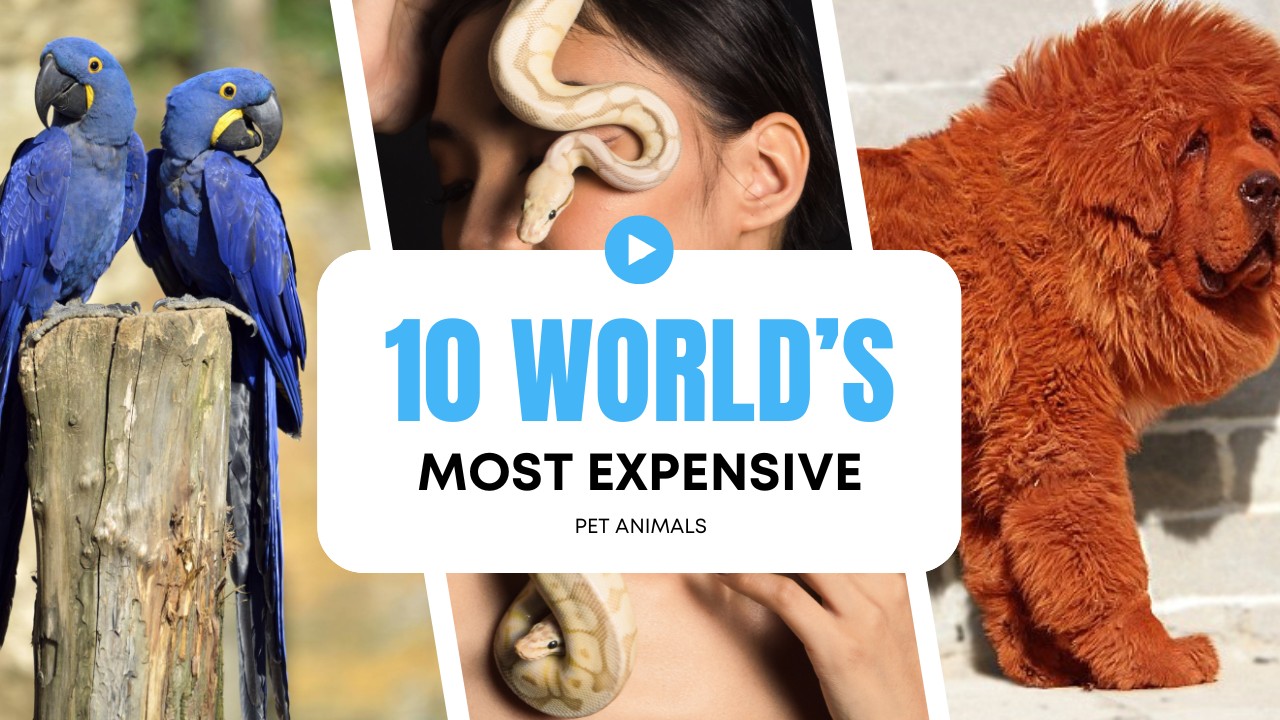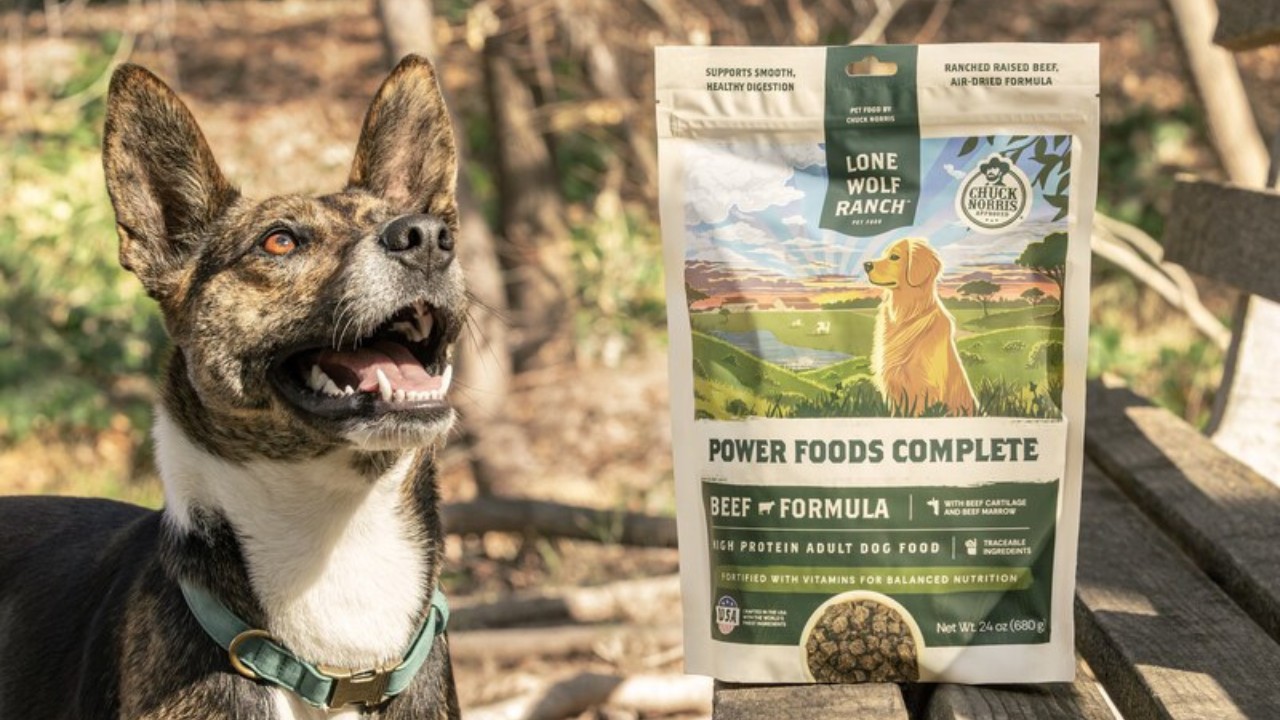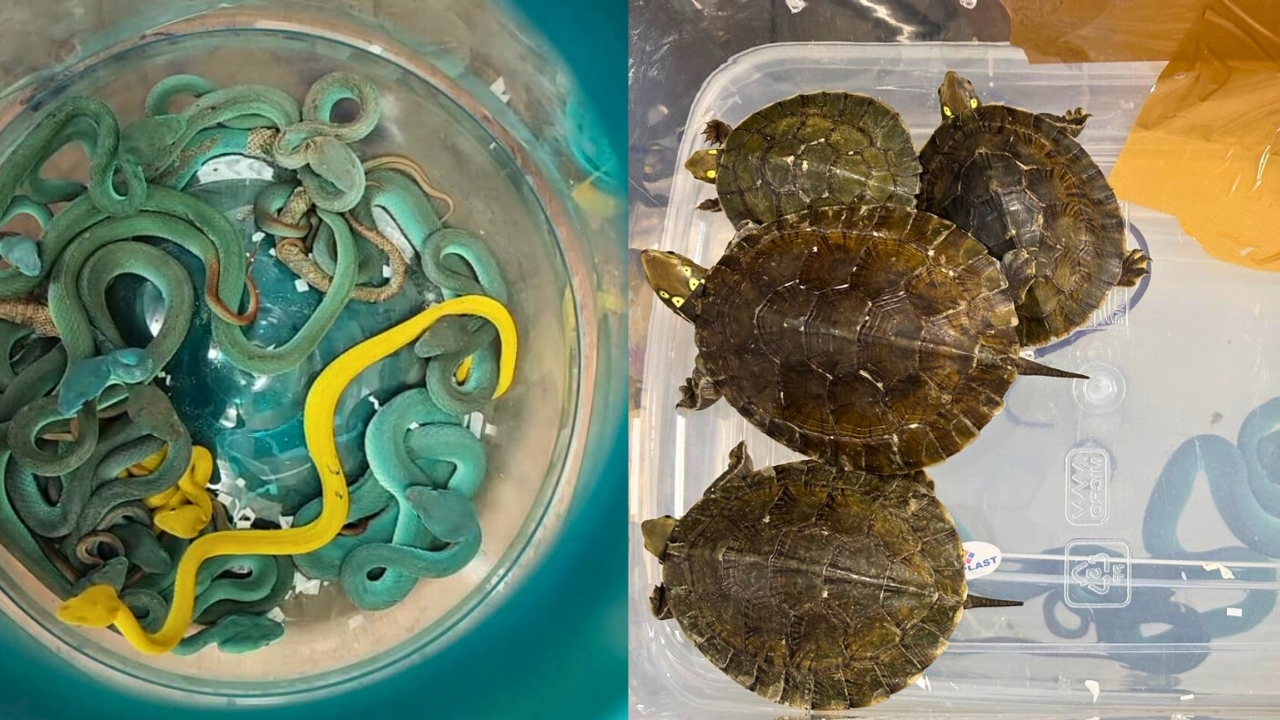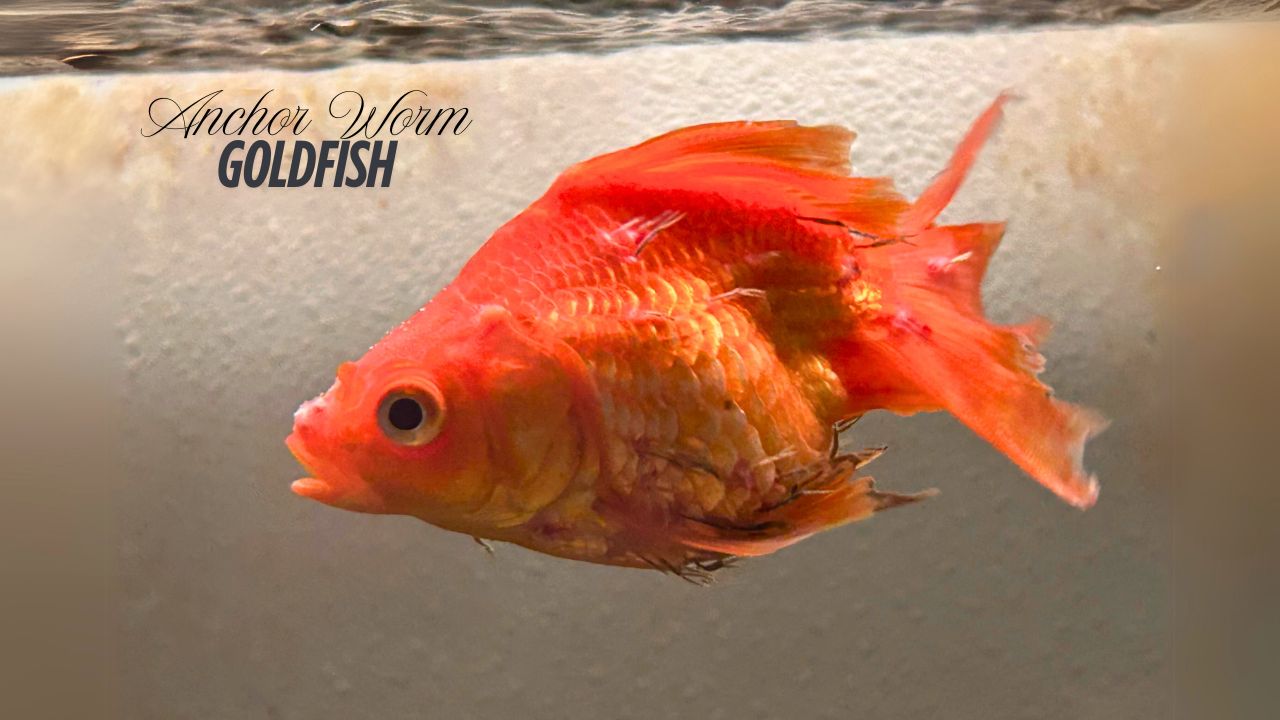Can pets get COVID-19? Can they transmit it to us or other animals? What are the symptoms in animals? How can we keep our furry family members safe? This comprehensive guide addresses these concerns, offering insights based on the latest research and veterinary advice.
COVID-19 has significantly impacted human health globally, but there’s been growing concern about its effects on pets. As reports of pets testing positive for the virus surfaced, pet owners have been eager to understand the implications. This article explores whether pets can get COVID-19, the risks involved, and the preventive steps pet owners can take.
Can Pets Get COVID-19?
While COVID-19 primarily affects humans, pets can also contract the virus, although the risk remains low. Research indicates that certain animals, such as cats, dogs, and ferrets, are susceptible to SARS-CoV-2. The virus can spread from humans to pets through close contact, such as petting, cuddling, or sharing food.
Documented Cases
According to various studies and reports, cases of pets contracting COVID-19 have been documented worldwide. However, these cases are rare, and pets generally exhibit mild symptoms, if any. Notably, the risk of pets transmitting the virus to humans is considered very low.
Symptoms of COVID-19 in Pets
Pets infected with SARS-CoV-2 may display mild respiratory symptoms, including coughing, sneezing, or difficulty breathing. Other symptoms can include lethargy, loss of appetite, and digestive issues like vomiting or diarrhoea. Many pets infected with COVID-19 remain asymptomatic. However, some may exhibit the following:
- Respiratory: Coughing, sneezing, difficulty breathing
- Gastrointestinal: Vomiting, diarrhea
- Lethargy: Lack of energy, decreased appetite
- Fever
It’s important to note that these symptoms can also result from other illnesses, so proper diagnosis by a veterinarian is crucial.
Preventive Measures for Pet Owners
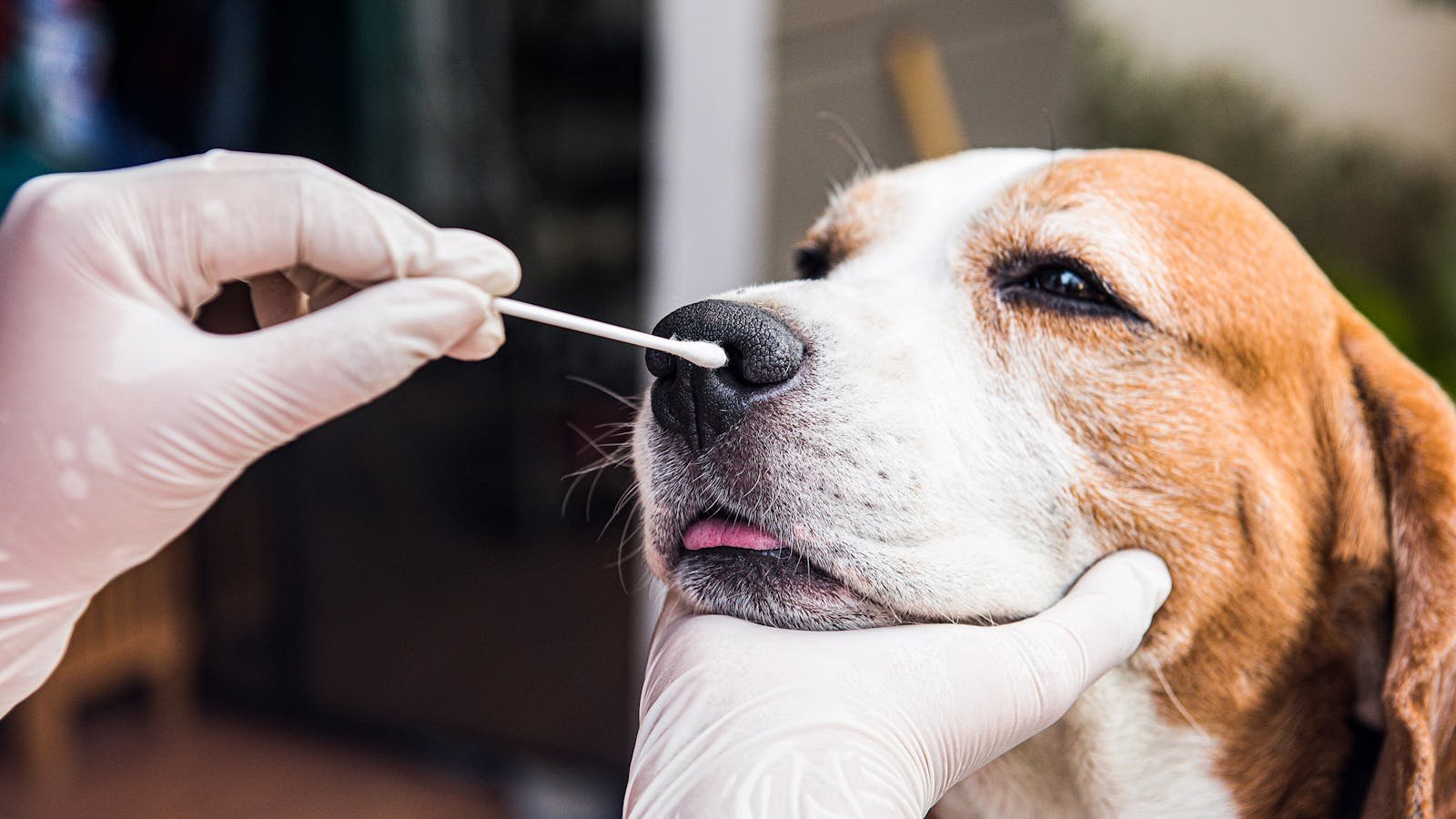
Limiting Exposure
Pet owners who have COVID-19 or suspect they may be infected should limit contact with their pets. This includes avoiding petting, snuggling, and sharing bedding or food. If possible, another household member should care for the pets during the illness. If this isn’t feasible, wearing a mask and practicing good hygiene, such as washing hands before and after interacting with pets, is advised.
Regular Veterinary Care
Regular veterinary check-ups are essential to ensure pets’ health and well-being. If a pet shows symptoms consistent with COVID-19, owners should consult a veterinarian. It’s important to inform the vet if anyone in the household has been diagnosed with COVID-19 to take necessary precautions.
Hygiene Practices
Maintaining good hygiene is key to preventing the spread of COVID-19. This includes regular handwashing, disinfecting surfaces, and keeping pets clean. While there is no need for pets to wear masks, as this could cause distress, keeping their living environment clean and disinfected can help reduce any potential risk.
Can Pets Spread COVID-19?
Current evidence suggests that pets are unlikely to play a significant role in spreading COVID-19. The primary mode of transmission remains human-to-human via respiratory droplets. While pets can carry the virus on their fur or skin, the likelihood of this leading to infection is extremely low. Nevertheless, it’s prudent to practice good hygiene and limit contact if a pet has been in close contact with an infected person.
Research is ongoing to understand better the role of pets in the transmission of COVID-19. Studies have shown that while some pets can contract the virus, the viral load is typically low, and they are not significant vectors for spreading the disease. The Centers for Disease Control and Prevention (CDC) and the World Organisation for Animal Health (OIE) continue to monitor the situation and provide guidelines for pet owners.
Personal Experience and Observations
As a pet owner, I’ve found that the key to keeping pets safe during the pandemic is to follow recommended guidelines and stay informed about the latest research. My pets have been a great source of comfort during these challenging times, and taking precautions to protect them has been a priority. Regularly consulting with our veterinarian and staying updated on health advisories have been essential in ensuring our pets’ well-being.
Conclusion
In summary, pets can contract COVID-19, but the risk remains low, and they are unlikely to transmit the virus to humans. Understanding the symptoms, taking preventive measures, and practicing good hygiene are crucial steps in protecting both pets and their owners. While the pandemic has brought new challenges, responsible pet ownership and following expert guidance can help keep our furry companions safe.


